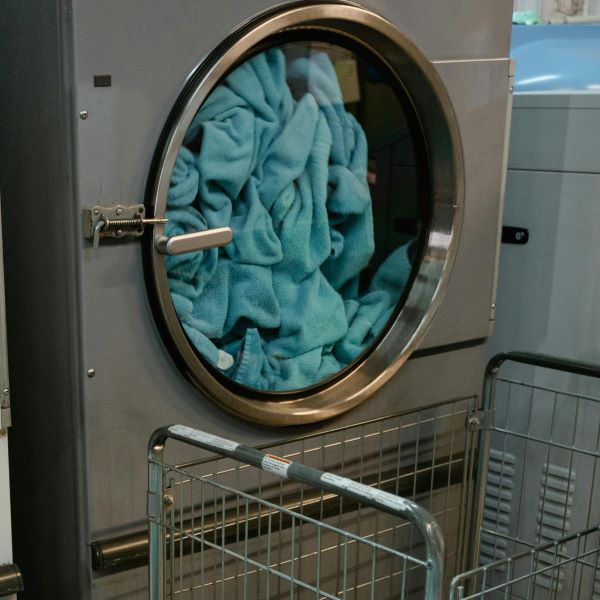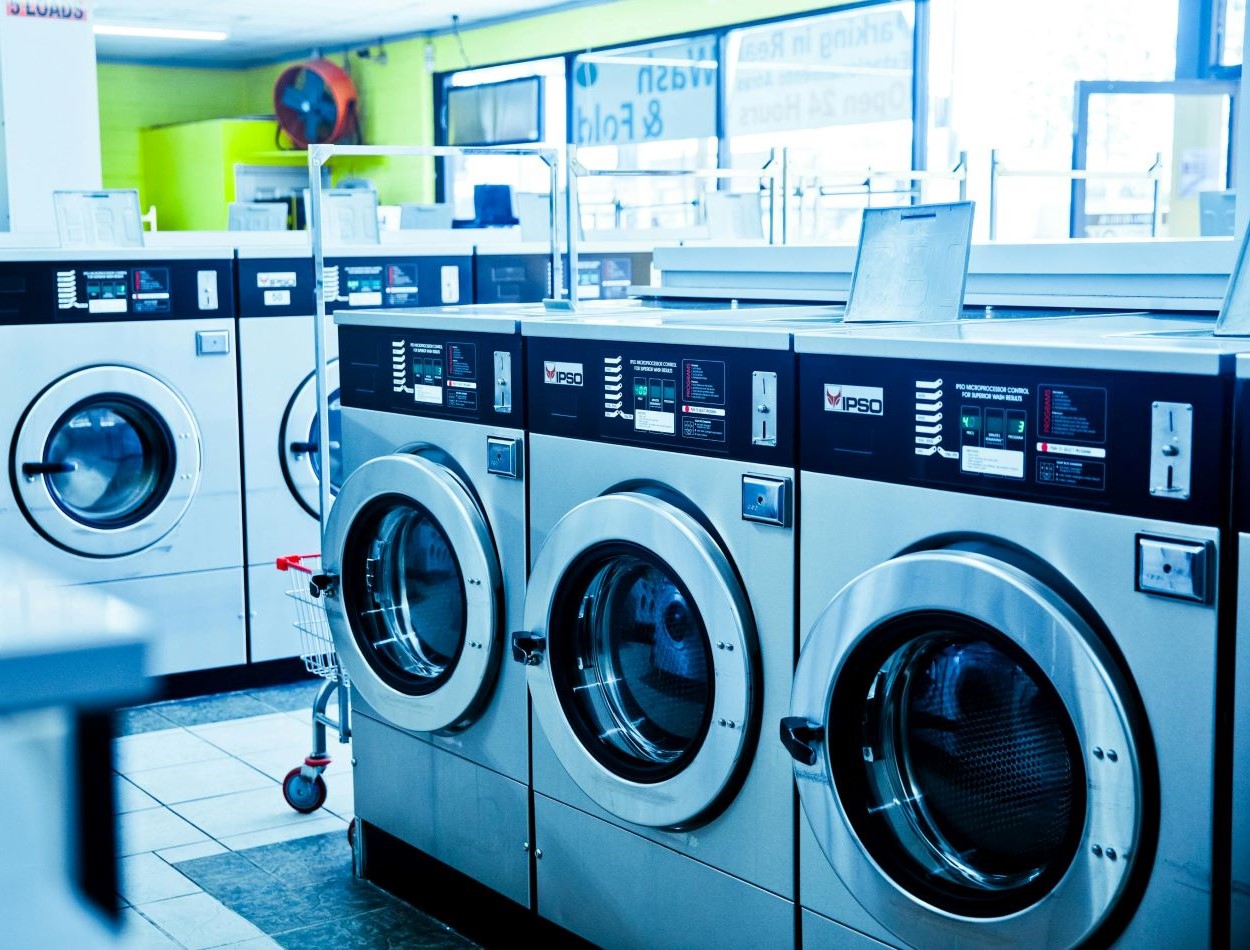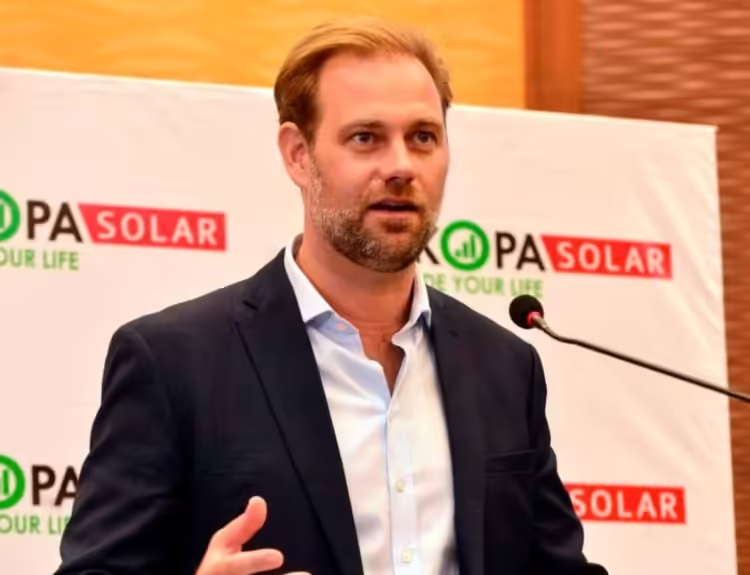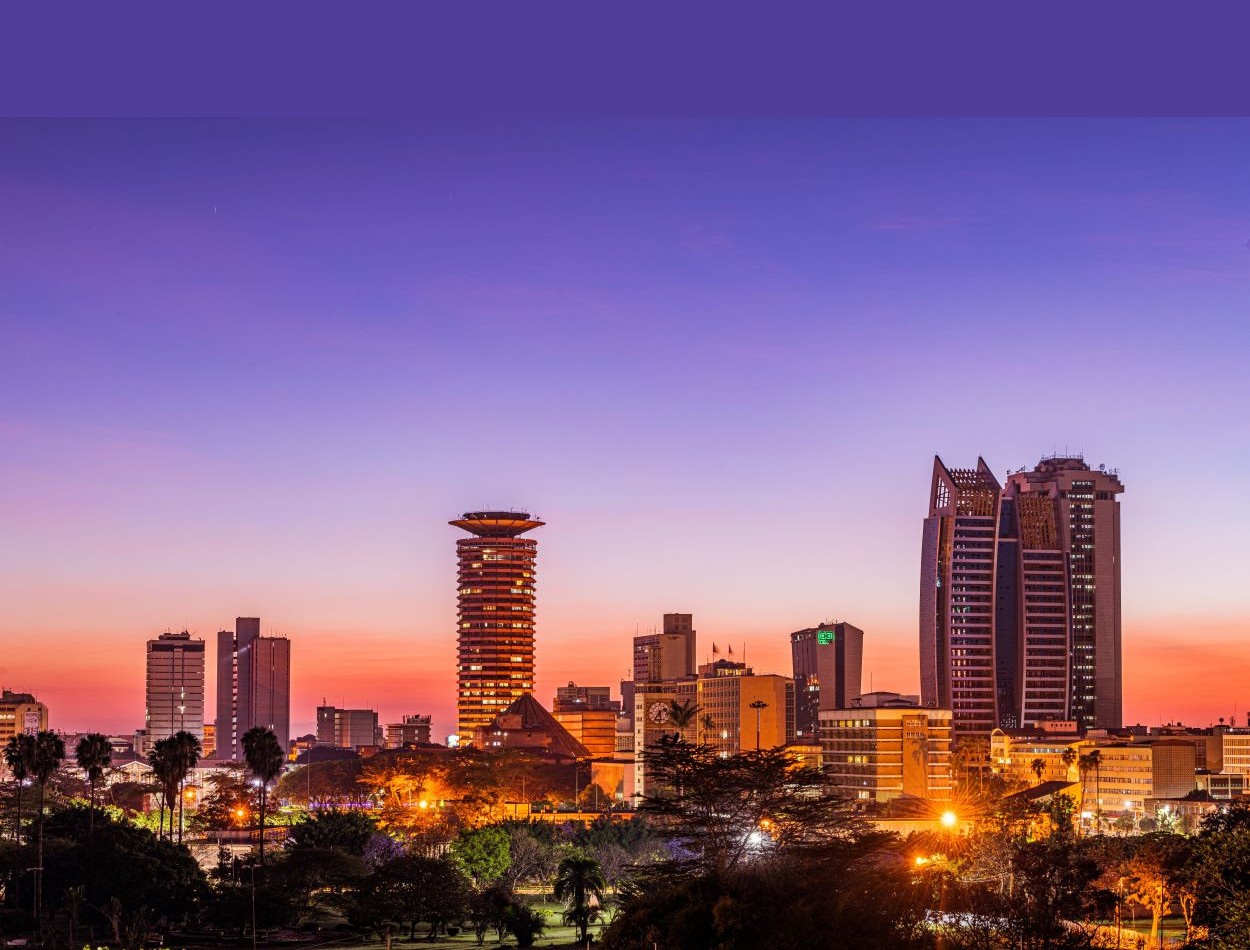Student loans are meant to help students achieve their educational dreams and further their studies.
In Kenya, university students often apply for and receive loans from the Higher Education Loans Board (HELB), a government body mandated with financing higher education.
While many students use their loans for fees and upkeep, Mark balanced the two needs with a third one; the financing of a business idea.
Contents
Background Story
Mark Otieno was born in 2000 to a humble family in Kenya’s Lake Regions of Siaya.
He grew up watching his parents do odd jobs to put food on the table. While he managed to get a scholarship for his high school education and passed very well, he knew he had to find a way of making a living and supporting his family even as a university student.
Mark was admitted to one of Kenya’s prestigious universities to pursue a degree in civil engineering.
Setting foot in Nairobi, Kenya’s capital for the first time in 2018, and realizing that city life was even more expensive than the village life he was used to, strengthened his resolve to find ways of making extra income.
After working odd jobs including construction work and doing school assignments for ‘lazy’ students, he knew he knew he needed something more predictable and sustainable.
The launch of Malix Laundry Services
He got the business idea after a visit to a classmate who had a washing machine in his house. Being a village boy, this was his first time seeing a washing machine.
Mark was amazed that one would just switch on a switch on the wall, and press some buttons to get clothes washed.
In his head, he was thinking of how students might want to pay to get this done for them, him included.
Two nights later, he approached his friend and successfully pitched the idea of leasing his washing machine to operate a small laundry business, serving students on campus.
In December 2018, he launched his laundry service business which initially only meant washing clothes for friends at a fee. By word of mouth, more referrals followed, and slowly but steadily his laundry services gained traction on campus.
Expansion of the Business
Beginning of 2019, he decided to defer his university studies for one year, diverting his Kes 20,000 ($200 in 2019) student loan installment from school fees to business.
He invested the money into marketing the business and getting detergents and other supplies that were needed to operate the business.
He made several posters that he would circulate around campus. He would also encourage his friends to continue spreading the word among their friends.


He also got into various school WhatsApp groups to market his business.
To attract more student customers, he charged affordable rates, washing a kilogram of clothes at Kshs. 50 ($ 0.5), comrade price.
By the end of that year, he had made more than Kshs. 150,000 ($1,500) in residual profits.
January 2020 saw Mark investing in his own brand-new washing machine, at a cost of Kes 90,000 ($900), and renting a business premises outside campus.
He also introduced pick-and-drop services, according his customers even more convenience.
Challenges that came with Malix Laundry Services
The Covid-19 pandemic was a real setback for the business. He recalls seeing most students go home and day by day seeing the customer numbers decrease.
The few customers that had remained around campus would not wash clothes often since nobody was going out.
He had also resumed his engineering degree studies in 2020, putting more financial strain on the business having initially diverted fees into building the business.
He was forced to close his business for a while, and by then he had become the breadwinner of the family. He didn’t know where to get his money to ensure operation. Like everyone else, he thought the pandemic would last for only a few months.
Lack of business however prompted Mark to diversify into services that would be consumed by the community living around campus and that’s when he started the house cleaning and fumigation services.
Fumigation services slowly picked up with households wanting to sterilize their environment in a bid to keep the Covid-19 virus at bay.
Striking a working balance between studies and business is something Mark struggled with for a long time.
When you start generating money at a young age, you question if you really need that degree.
Many a time he found himself attending to his businesses more than his studies, but managed to keep the course going, although a few bad grades made it to his transcripts in the process.
What he would tell young entrepreneurs
In 2024, all his businesses generate about Kes 130,000 ($1,000) monthly which is way more than he’d ever imagined making 3 years back.
As an aspiring entrepreneur, you have to start with what you have and keep at it no matter what.
Building the business wasn’t easy and maybe now while he effortlessly pays his HELB loan installments on time, who’s to say what would have become of him had things not worked out?
Mark advises young entrepreneurs, that they should never stop asking for help. When you seek help, you learn how to mitigate risks while expanding and growing your wealth.
Create healthy connections and offer quality services. You might not be bringing something new into the market, but you might be offering the same thing more passionately and enthusiastically.
Sometimes they don’t tell you that that small business you start as an experiment might be the thing that lifts your family out of poverty.






